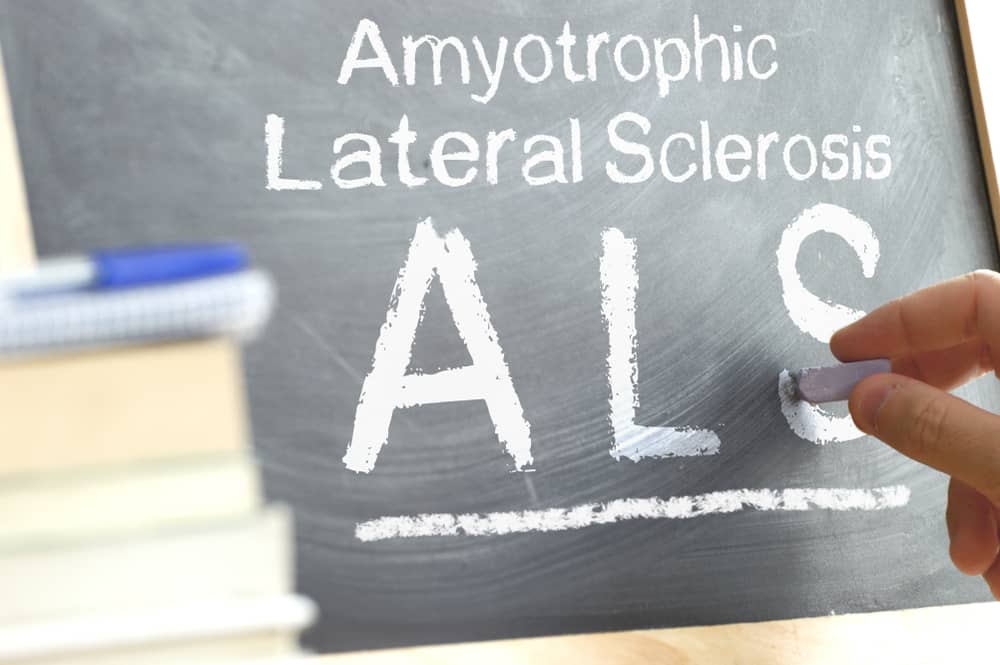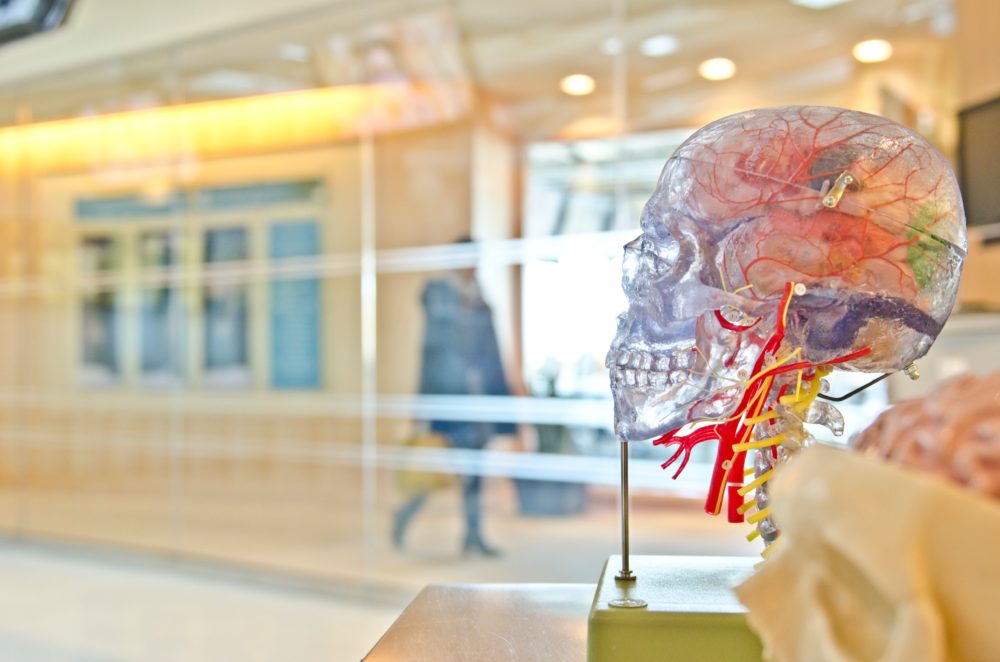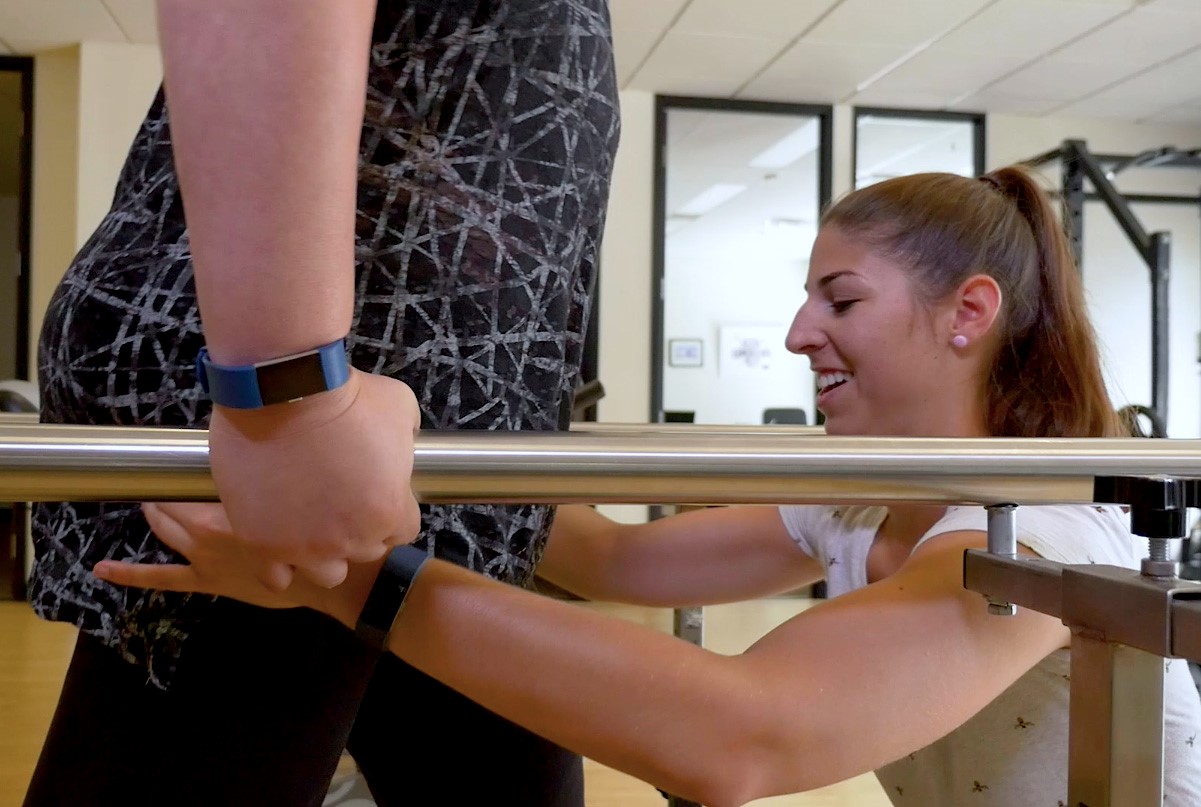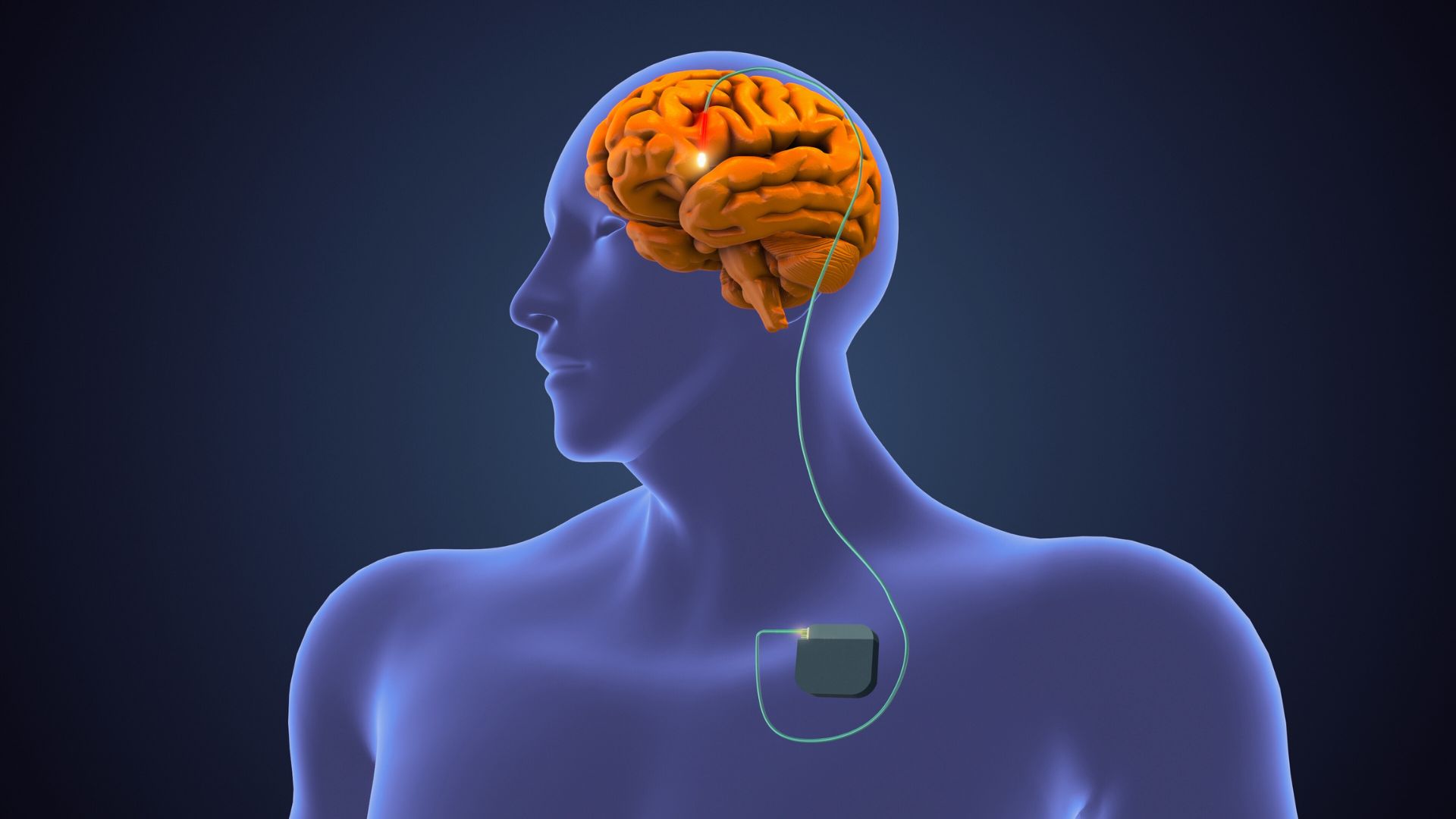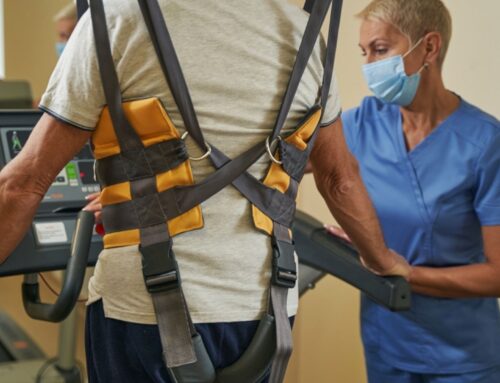Although there is no known cure for ALS, there are some ALS symptoms that are treatable, and physiotherapy is an integral part in the course of care. A physiotherapy program that is customized to the individual’s needs, goals, and stage of the disease, can help the quality of life for those living with ALS.
What are the signs and symptoms of ALS?
Amyotrophic lateral sclerosis (ALS a.k.a. Lou Gehrig’s Disease) is a neurodegenerative disease that results in a host of symptoms including:
- muscle weakness
- muscle wasting
- muscle spasms
- muscle twitching
- fatigue
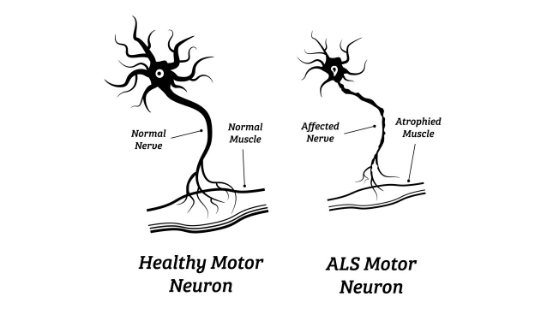
The signs and symptoms of ALS often start in the hands, feet and limbs and then progress to the rest of the body. As the disease begins its progression, people with ALS may experience tripping and difficulty walking, clumsiness, slurred speech or trouble swallowing, difficulty holding their head up or keeping good posture, cognitive and mood changes.
How Physiotherapy Manages ALS Symptoms
Due to the progression of muscle weakness in ALS, an exercise program that focuses on range of motion of the joints is key. A physiotherapist can assess the range of motion of joints and provide a program to prevent and manage the development of contractures and potentially help to reduce pain and spasticity (the velocity dependent resistance to passive movement of a joint).
A physiotherapist can also determine the cause for a person’s joint limitation, whether due to muscle length limitations, joint capsule, or spasticity. At Propel Physiotherapy, we curate range of motion exercise programs that take into account a client’s overall ability, positioning, and caregiver assistance.
Some of our physiotherapists also use hydrotherapy (water therapy) as a means to decreasing pain and improving the client’s participation in active movements by using the principles of buoyancy.
Aerobic endurance training is an important part in the management of ALS symptoms. It has the potential to reduce deconditioning and improve functional independence, sleep, mood and quality of life. In ALS, moderate intensity exercise is recommended. Our physiotherapists will assess and monitor aerobic capacity and training by monitoring exertion levels, heart rate and blood pressure. We also have specialized accessible equipment such as the Nustep and Motomed that can allow individuals to perform aerobic training independently and with motorized assistance.
Related story: What is Foot Drop and How is it Treated?
Helping Clients with ALS Maintain Independence
Physiotherapists specialize in maintaining functional independence for clients. One area where this can be achieved is through the application of bracing and orthosis. Lightweight braces such as ankle foot orthosis can be used at the beginning stages of disease progression to help conserve energy, decrease falls and negotiate uneven terrain while walking. Physiotherapists can determine the appropriate braces to suit the individual’s needs.
Clients with progressive weakness may also have difficulty transferring between surfaces. Physiotherapists can train and educate clients and caregivers on safe and efficient transfer training thereby minimizing risk and injury to both individuals. Therapists can prescribe the use of aids such as a transfer belt or sliding board to help with transfers.
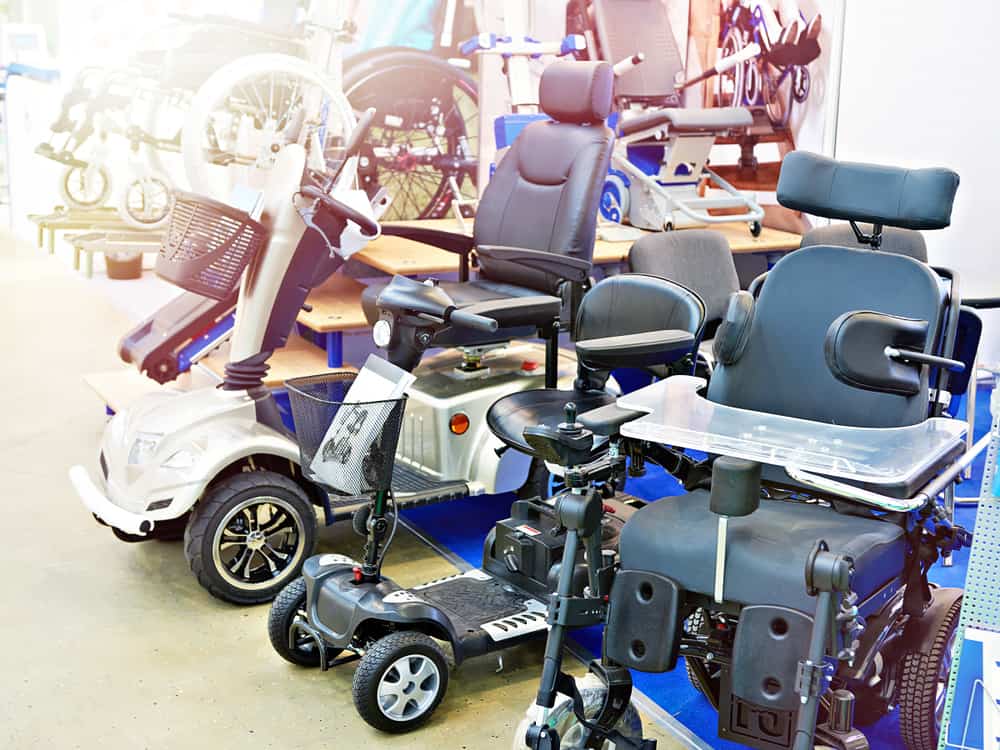
As the disease progresses, individuals with ALS will require the use of mobility aids for ambulation, and possibly a wheelchair. Prescribing wheelchairs is also an important role for physiotherapists. Providing the proper cushioning, back support, head support and modifications are essential in addressing the person’s abilities now and anticipating future needs. Ensuring a comfortable and functional sitting posture will help to maximize breathing capacity and limit secondary skin breakdown and back pain.
Physiotherapy in the Treatment of Neurodegenerative Disorders
In the treatment of individuals with ALS, physiotherapy interventions can have a tremendous effect on levels of performance and function, and help improve quality of life. At each stage of the disease, an experienced therapist can develop a personalized program that maximizes physical abilities, as well as provides education and / guidance for caregivers
For more information about Propel Physiotherapy’s neurological injuries rehabilitation services or any of our therapies or classes, please contact us.
Written by
FOLLOW US!
OUR SERVICES
CLASSES
[fusion_events cat_slug=”balance,physiotherapy” past_events=”no” number_posts=”2″ columns=”1″ column_spacing=”” picture_size=”cover” padding_top=”” padding_right=”” padding_bottom=”” padding_left=”” content_length=”” excerpt_length=”” strip_html=”” pagination=”no” hide_on_mobile=”small-visibility,medium-visibility,large-visibility” class=”” id=”” /]

